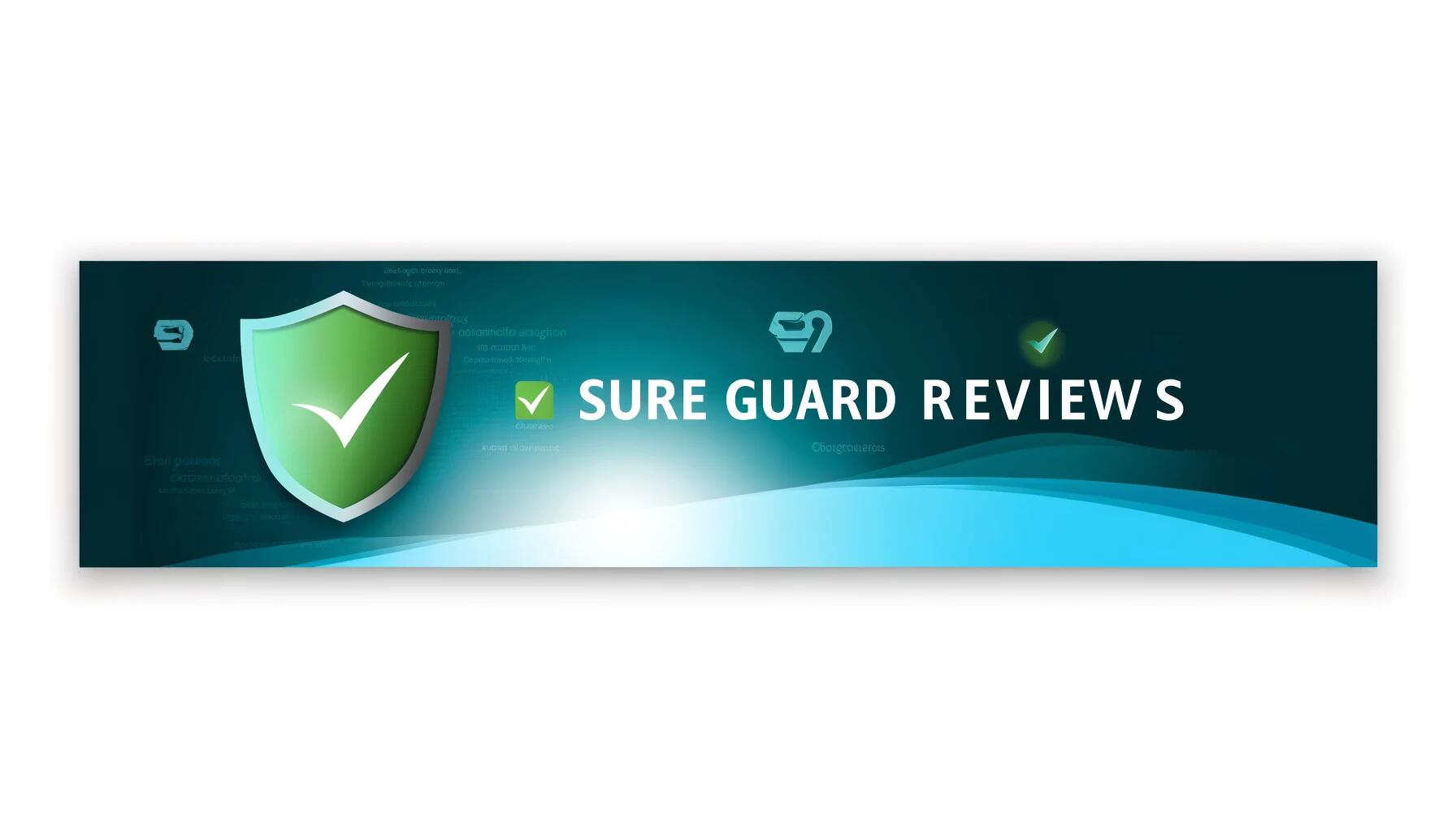The Importance of Reputation Management
In today’s digital age, where information spreads rapidly across the globe, managing the reputation of an individual or a business has become crucial. Reputation management goes beyond simply monitoring online chatter; it involves a strategic approach to influence, control, or, ideally, improve the public’s perception of you or your brand. A strong and positive reputation can lead to increased trust, more business opportunities, and a competitive edge. Conversely, a negative reputation can quickly lead to a decrease in consumer trust, lost sales, and can even result in long-term damage to personal or brand identity.
Key Strategies for Successful Reputation Management
To navigate the complexities of reputation management successfully, several strategies can be put into action. Here are some pivotal steps to consider:
Monitor Your Online Presence
The foundation of effective reputation management is constant vigilance. This entails actively monitoring what is being said about you or your brand across various platforms, including social media, blogs, forums, and review sites. There are numerous tools and services available that can help automate this process, such as Google Alerts, Social Mention, and Brand24. By staying informed about what is being said, you can quickly respond to negative mentions and amplify positive feedback.
Engage and Respond Promptly
Whether the feedback is positive or negative, engaging with your audience shows that you value their opinion and take their concerns seriously. Responding promptly to negative reviews or comments, in particular, can mitigate potential damage to your reputation. It’s important to handle such interactions with professionalism and a solution-oriented approach to demonstrate excellent customer service and care.
Build a Positive Online Presence
In an age where content is king, creating and disseminating positive content about yourself or your brand can significantly influence public perception. This includes maintaining active social media profiles, blogging, press releases, and getting involved in community initiatives or charitable efforts. By regularly sharing valuable content and updates, you position yourself as an authority in your field and create a buffer of positive information that can dilute the impact of any negative mentions.
Encourage Positive Reviews
Positive reviews from satisfied customers are incredibly powerful in building and maintaining a good reputation. Encourage your customers to share their experiences by making it easy for them to leave reviews on popular platforms pertinent to your business, such as Google, Yelp, and TripAdvisor. You can prompt happy customers to leave reviews through follow-up emails, receipts, or during in-person interactions. However, it’s important to abide by the guidelines of each platform to avoid being penalized.
Learn and Adapt from Feedback
Not all negative feedback is unwarranted; sometimes, it can provide valuable insights to improve your products, services, or customer experience. View criticism as an opportunity to learn and adapt. By acknowledging issues and making visible efforts to address them, you not only improve your business but also demonstrate to the public that you are committed to excellence and customer satisfaction.
Protect Your Personal Information
In the process of building a public persona, it’s imperative to protect your personal information from being exploited. Be cautious about what personal details you share online and implement robust security measures to guard against identity theft and hacking. Securing your personal information not only protects you but also helps maintain the credibility of your brand.
Conclusion
Reputation management is an ongoing process that requires time, effort, and strategic planning. By employing these key strategies, individuals and businesses can effectively manage their online presence, enhance their public image, and mitigate the effects of any negative perceptions. Remember, in the realm of reputation management, being proactive rather than reactive is the key to success.
